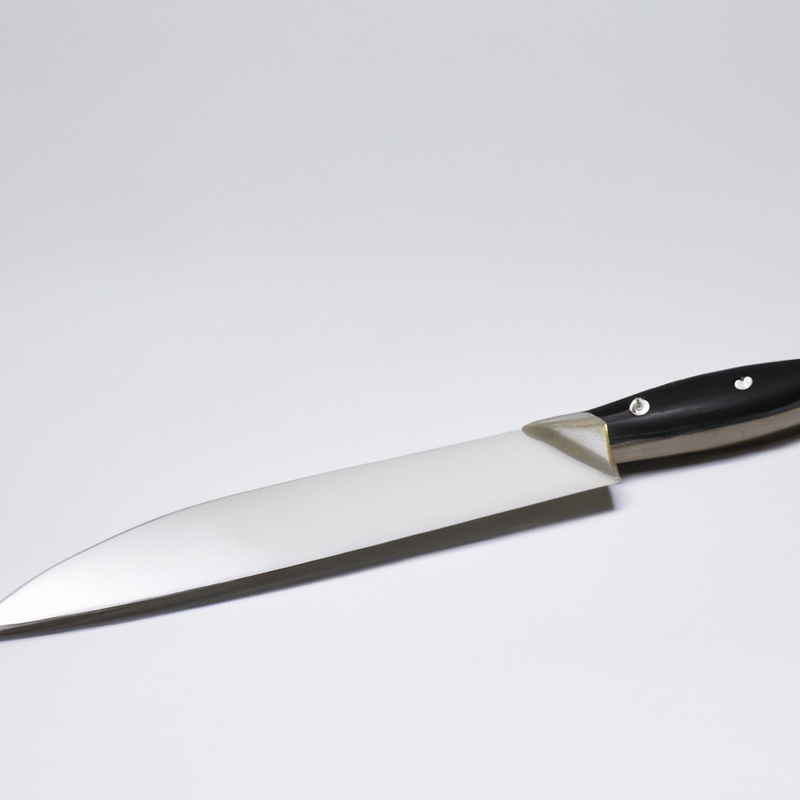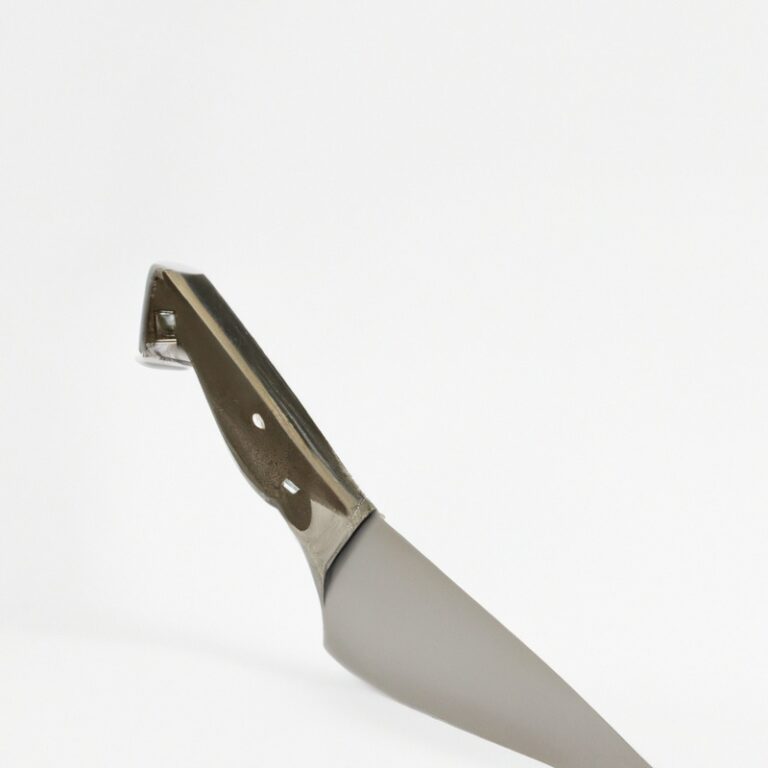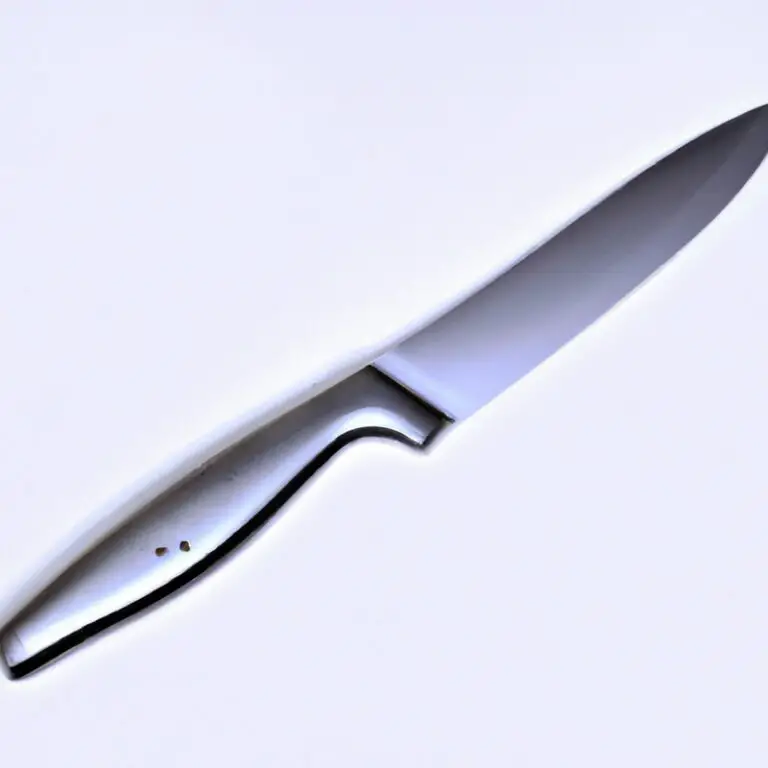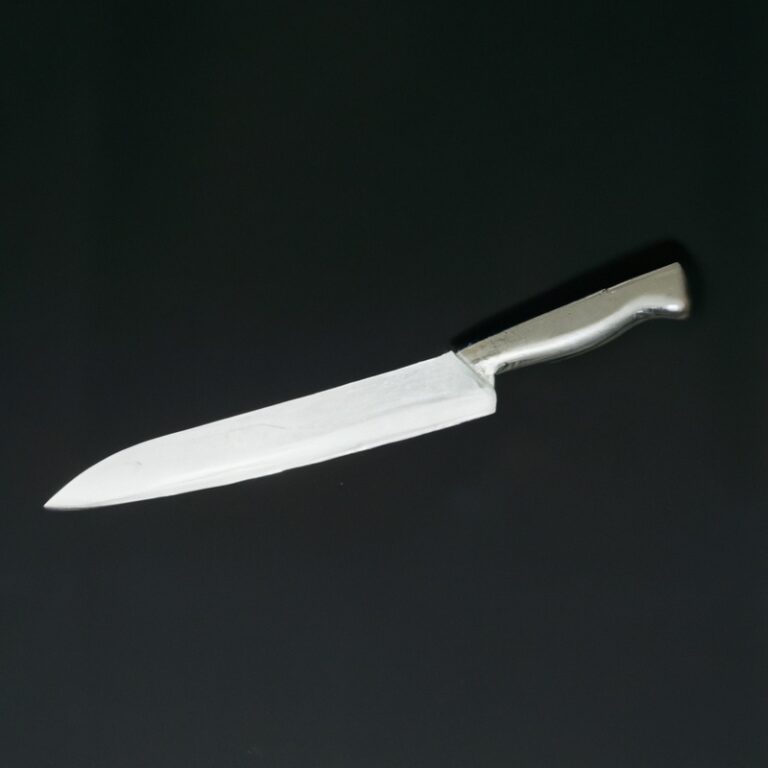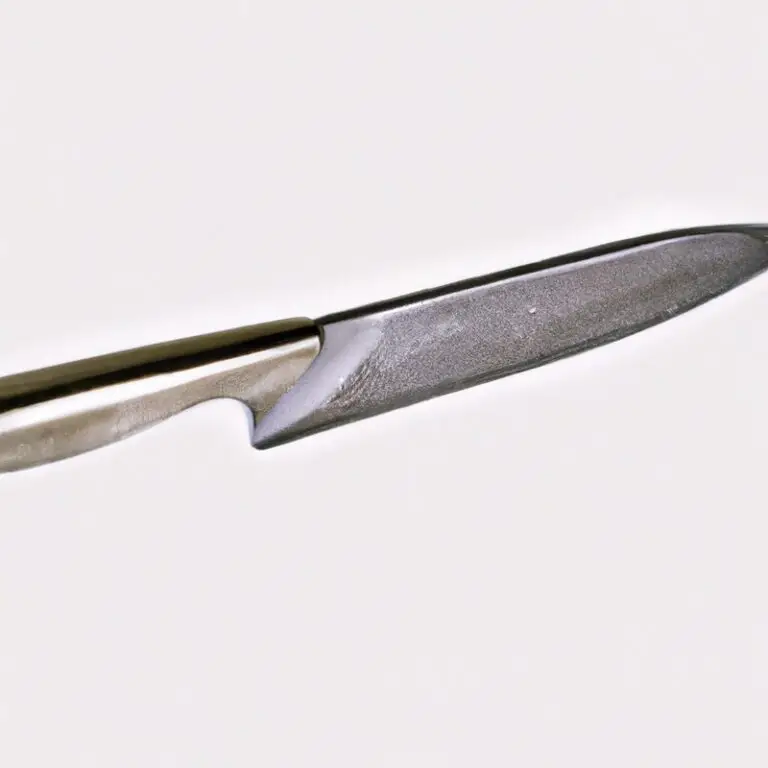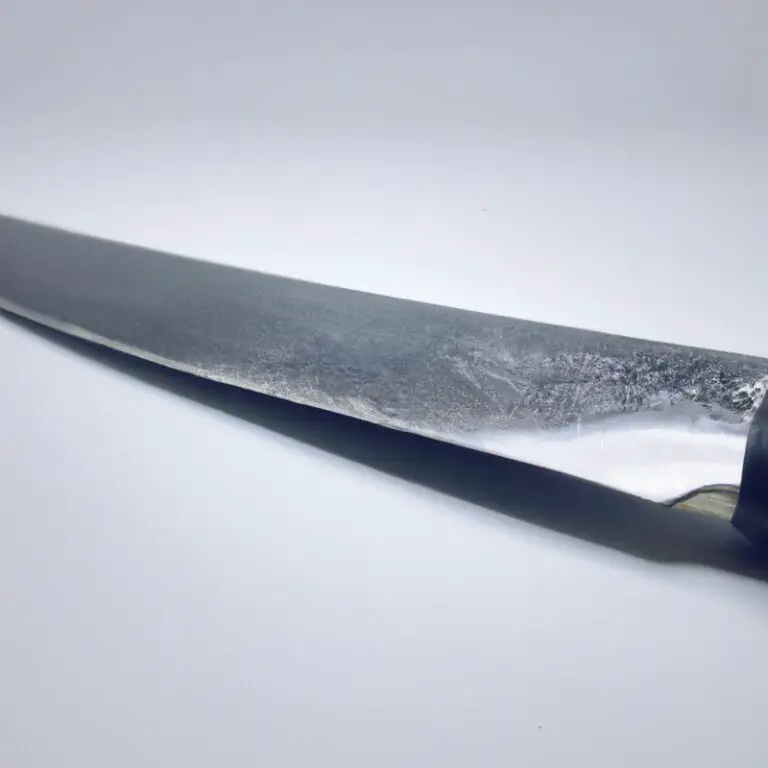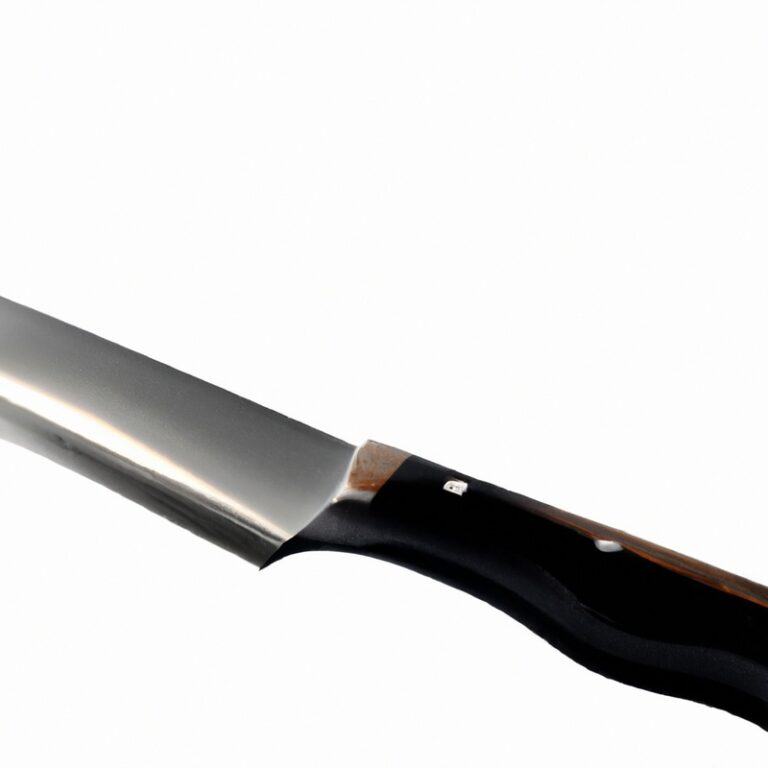What Is The Effect Of Manganese In Knife Steel?
Key Takeaways:
- Manganese improves the toughness and hardenability of knife steel.
- Manganese helps in reducing brittleness and enhancing overall performance.
- The optimal manganese content in knife steel is typically between 0.3-0.8%.
- Excessive amounts of manganese can lead to undesirable effects such as reduced corrosion resistance.
Are you fascinated by the intricate world of knife steel? Well, let me tell you, the role of manganese in creating these masterpieces is often overlooked.
But guess what?
It plays a crucial part in determining the strength, durability, and even the corrosion resistance of your favorite blades. So, in this article, I’ll take you on an extraordinary journey into the realm of manganese in knife steel.
We’ll explore how this mighty element improves the steel’s hardness, toughness, and workability.
But hold on tight, because I’ll also uncover the pitfalls of excessive manganese and how to strike the perfect balance for ultimate performance. Let’s dive in!
| Manganese Content | Effect on Knife Steel |
|---|---|
| Low (0.3-0.6%) | Improves hardness and toughness of steel |
| Medium (0.6-1.0%) | Enhances grain refinement and strengthens steel |
| High (1.0% or higher) | Increases wear resistance and hardenability of steel |
The Role of Manganese in Knife Steel
Importance of manganese in steelmaking
Manganese plays a crucial role in steelmaking. It acts as a deoxidizer, preventing the formation of unwanted impurities during the steelmaking process.
Manganese also improves the hardenability, tensile strength, and toughness of steel, making it more durable and strong.
Additionally, manganese enhances the corrosion resistance of steel, reducing the potential for pitting and rusting. Its presence also enhances machinability, making it easier to work with.
However, excessive manganese content can lead to brittleness and cracking, so it’s important to find the right balance.
Ultimately, manganese is an important element in steelmaking for achieving optimal steel properties.
Effects of manganese on steel properties
Manganese plays a crucial role in determining the properties of steel.
It improves hardenability, making the steel easier to harden during heat treatment.
Manganese also enhances tensile strength and toughness, ensuring durability and strength.
Additionally, it helps reduce oxidation, improving corrosion resistance and decreasing the potential for pitting and rusting.
Manganese content also influences machinability, affecting how easily the steel can be shaped and formed.
However, excessive manganese can lead to brittleness and cracking, so it’s important to balance the content for optimal performance.
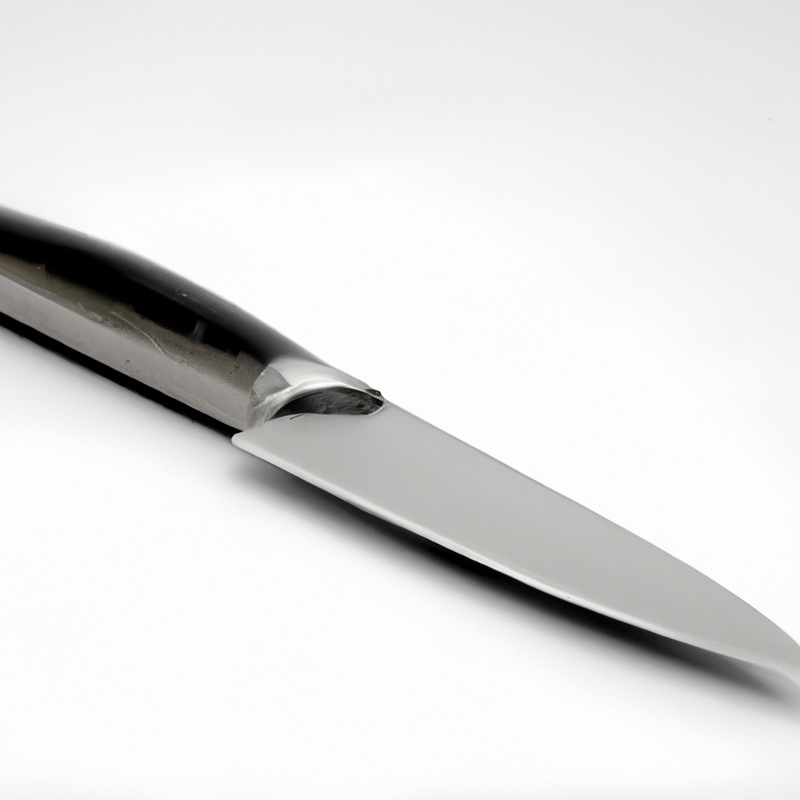
Improving Durability and Strength
Enhanced hardenability with manganese
Manganese is a key element in steelmaking that plays a crucial role in enhancing hardenability, which refers to how well a steel can be hardened and maintain its hardness during heat treatment.
By increasing the manganese content in knife steel, it is possible to achieve greater hardenability, resulting in a blade that is capable of retaining its sharpness and durability for longer periods.
This is particularly important for knives, as they need to withstand repeated use and maintain their cutting edge.
Manganese helps to improve the overall performance and longevity of knives, making it an essential element in the production of high-quality blades.
Impact on tensile strength and toughness
Manganese plays a significant role in enhancing the tensile strength and toughness of knife steel.
It promotes the formation of fine grain structures, which improves the steel’s ability to withstand force without breaking or deforming.
In addition, manganese also helps to counteract the negative effects of other alloying elements, such as sulfur, on the steel’s strength and toughness.
By ensuring an optimal manganese content in knife steel, manufacturers can achieve a balance between hardness and durability, resulting in a high-performing and reliable blade.
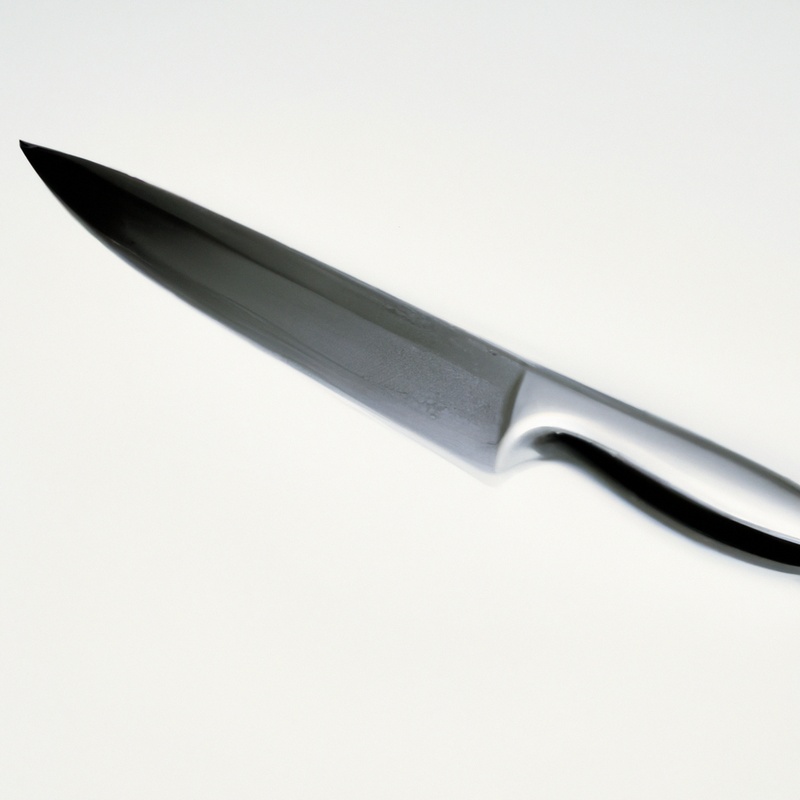
Enhancing Corrosion Resistance
Manganese’s role in reducing oxidation
Manganese plays a crucial role in reducing oxidation in knife steel.
It acts as a powerful deoxidizer, preventing the formation of oxides on the surface of the steel.
By reducing the presence of oxides, manganese helps to improve the corrosion resistance of the steel.
This is particularly important in knife blades, as they are constantly exposed to moisture and other corrosive elements.
By incorporating the right amount of manganese in the steel, manufacturers can enhance its ability to resist oxidation and prolong the lifespan of the knife.
So, manganese is an essential element for reducing oxidation and improving corrosion resistance in knife steel.
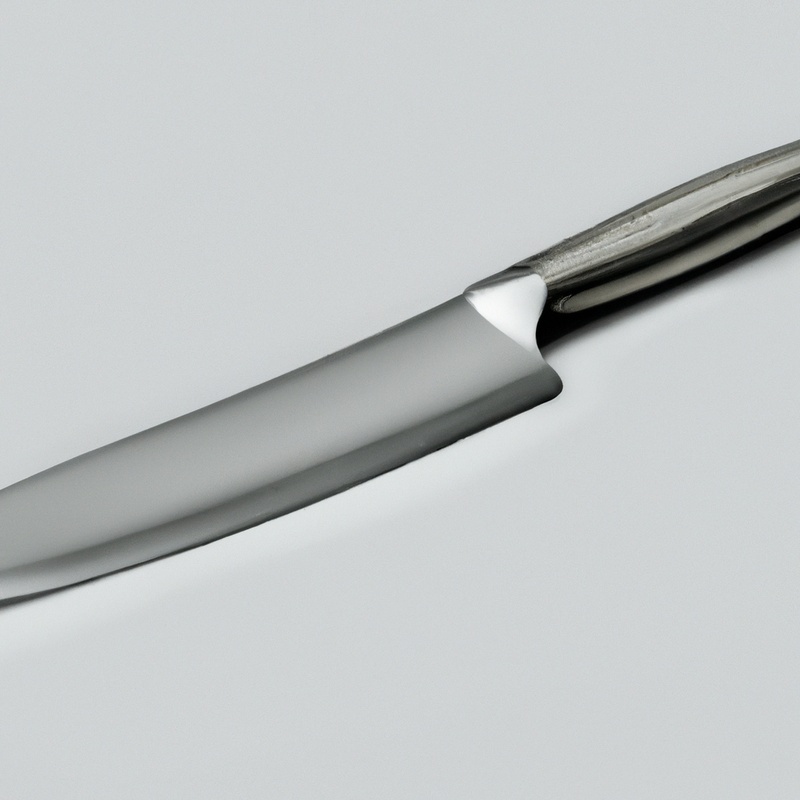
Decreasing potential for pitting and rusting
Manganese plays a significant role in decreasing the potential for pitting and rusting in knife steel. It helps to form a protective oxide layer on the surface of the steel, which acts as a barrier against corrosion.
This oxide layer helps to minimize the penetration of moisture and corrosive substances, reducing the likelihood of pitting and rust formation.
Additionally, manganese also enhances the steel’s ability to repassivate after being exposed to corrosion, further decreasing the risk of pitting and rusting. By controlling the manganese content in knife steel, manufacturers can optimize its corrosion resistance properties.
Achieving Workability and Machinability
Manganese and its influence on machinability
Manganese plays a crucial role in improving the machinability of knife steel. It helps to reduce tool wear and promotes the formation of smaller and more manageable chips during the machining process.
This means that cutting and shaping the steel becomes easier and more efficient.
However, excessive levels of manganese can lead to brittleness and difficulties in machining. Finding the right balance of manganese content is important to optimize machinability without compromising the overall performance of the steel.
Heat treatment considerations with manganese content
When it comes to heat treatment considerations with manganese content in knife steel, there are a few key points to keep in mind. Firstly, manganese helps to increase hardenability, allowing the steel to achieve a deeper and more uniform hardness during heat treatment.
Secondly, it can enhance the steel’s response to quenching and tempering processes, improving its overall strength and toughness.
Lastly, excessive manganese content can lead to brittleness and cracking, so it’s important to find the right balance for optimal performance. By understanding these factors, you can make informed decisions when heat treating knife steel with manganese.
The Downsides of Excessive Manganese
Risk of brittleness and cracking
Excessive manganese content in knife steel can increase the risk of brittleness and cracking. This occurs because high levels of manganese can lead to the formation of brittle phases in the steel structure.
When the steel is subjected to stress or impact, these brittle phases can cause the knife to break or crack.
To avoid this, it is important to carefully balance the manganese content in knife steel to ensure optimal performance and durability.
Balancing manganese content for optimal performance
To achieve optimal performance in knife steel, striking the right balance in manganese content is essential.
Too much manganese can lead to brittleness and cracking, while too little can result in decreased hardness and toughness.
Finding the ideal manganese content depends on the specific steel composition and desired properties.
It requires careful consideration and experimentation to strike the perfect balance.
By finding the optimal manganese content, knife steel can exhibit superior durability, strength, corrosion resistance, workability, and machinability.
Balancing manganese content plays a crucial role in achieving top-notch performance in knife steel.
Final Verdict
Manganese plays a vital role in the performance of knife steel. By improving durability and strength, enhancing corrosion resistance, and achieving workability and machinability, manganese ensures that knives are effective and long-lasting.
However, excessive manganese content can lead to brittleness and cracking, emphasizing the importance of balancing its presence for optimal performance.
With its numerous benefits and careful consideration of manganese content, knife enthusiasts can rely on this element to enhance the quality and functionality of their blades.

